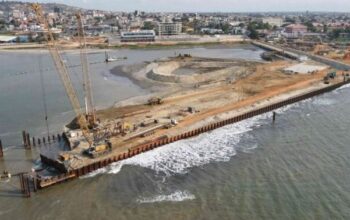The country needed to improve its geological knowledge in order to maintain mining as an important segment of the economy.
As he stated, in this sense, policies were outlined by the Executive, implemented by Mirempet, and executed by IGEO under the National Geology Plan (PLANAGEO).
“The level of basic geological knowledge becomes a differential when investors choose a country to invest resources in the search for new mineral deposits. Our future challenge will be to link basic geology, expressed in maps of various scales, with science, technology, and innovation focused on the study of metallic minerals for energy transition and technological market, aiming for a rapid release from petroleum dependence,” he said. According to the technician, mineral deposits are becoming increasingly difficult to find, more expensive, and deeper.
“It is with this in mind that we must consider the importance of IGEO’s future activities, which will inexorably focus on producing new reliable geological maps, conducting geophysical and geochemical surveys on smaller scales of detail, applying different methods,” he added.
Nelson Mangala made it known that, on a social level, the importance of geological knowledge becomes even more evident, where issues such as water resources, areas sensitive to natural disasters, coastal erosion, paleoclimate, global warming, clean energy, strategic minerals for a technological world, and an industry in total transformation are invariably addressed in the context of geological knowledge.
![]()




